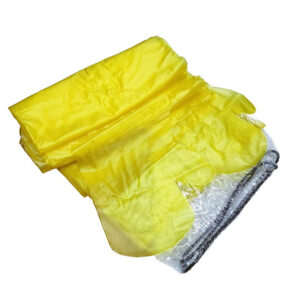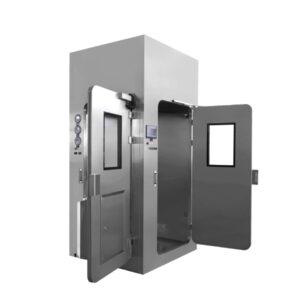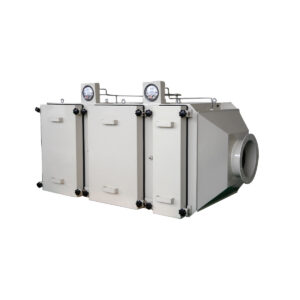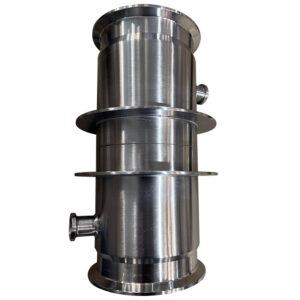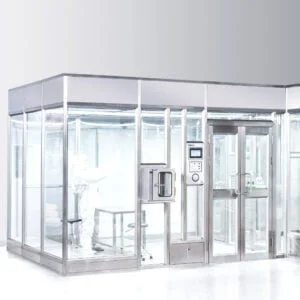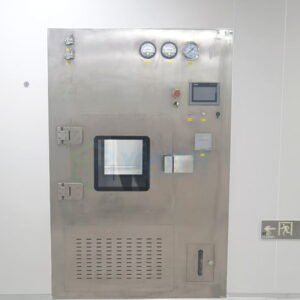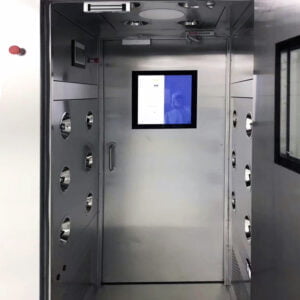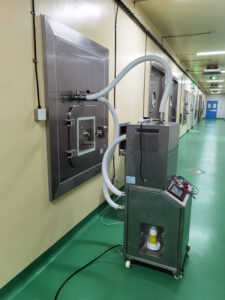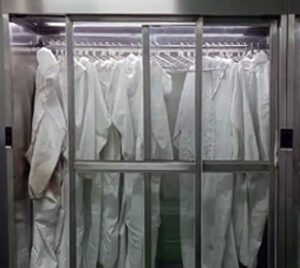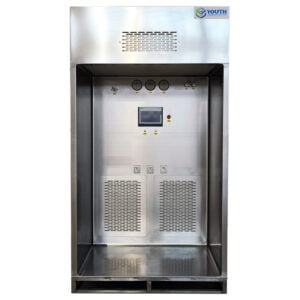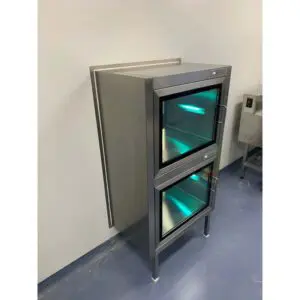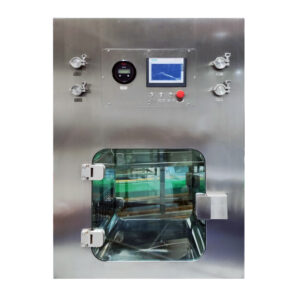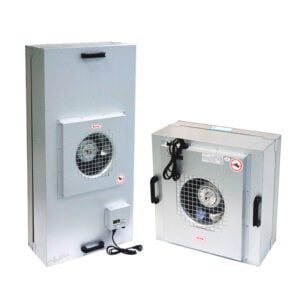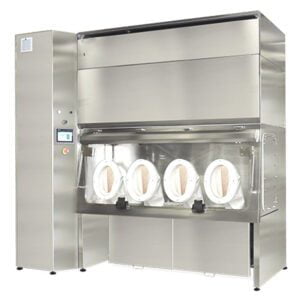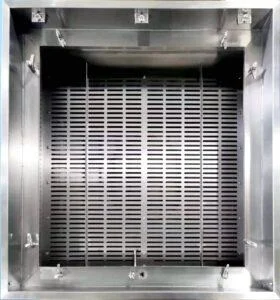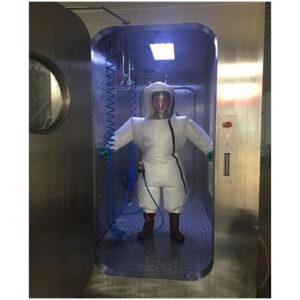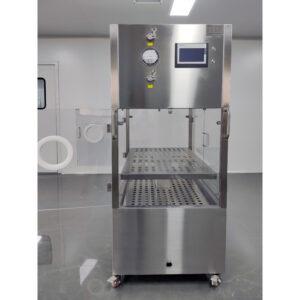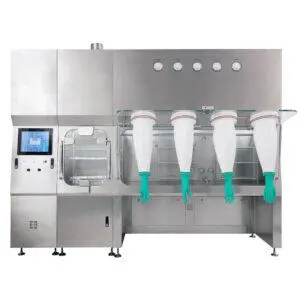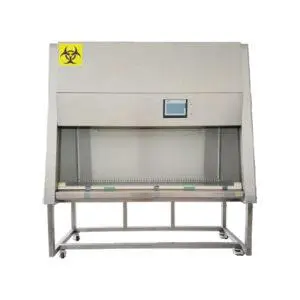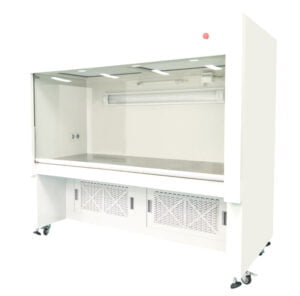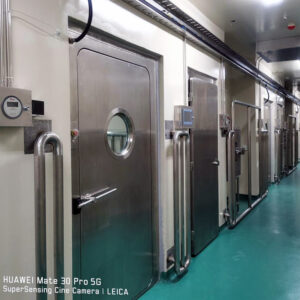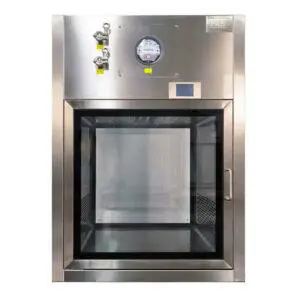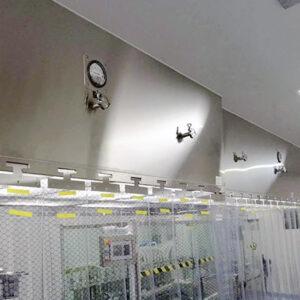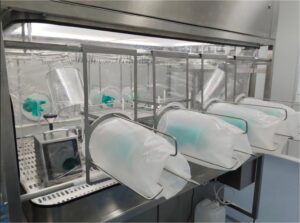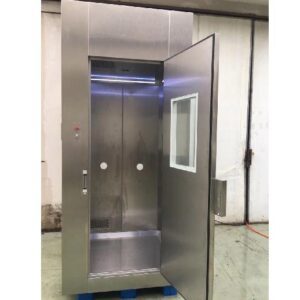Introduction
Cleanrooms require highly specialized air filtration to maintain stringent contamination control standards. Selecting suitable air filters is crucial for any cleanroom application. This article explores the critical factors in choosing cleanroom air filters and ranks the top brands in 2023.
History of Cleanroom Air Filters
Cleanrooms first emerged in the 1960s for manufacturing integrated circuits. The need for unprecedented air purity led to the development of high efficiency particulate air (HEPA) filters. Over time, cleanroom air filters evolved into various types with rising filtration efficiency. Today’s filters can remove particles as small as 0.003 microns. Strict cleanroom classifications also drive the necessity for advanced air filters.
Types of Cleanroom Air Filters
There are three main types of cleanroom grade air filters:
HEPA Filters
HEPA filters are the most ubiquitous filters with minimum efficiency of 99.97% for 0.3 micron particles. Their affordability makes them ideal for cleanrooms up to ISO class 5.
ULPA Filters
ULPA or ultra-low penetration air filters have minimum efficiency of 99.999% for particles above 0.12 microns. They offer superior filtration for more stringent cleanroom classes.
Carbon Filters
Carbon air filters adsorb gaseous molecular contaminants. They are often paired with HEPA or ULPA filters to control both particulate and gaseous pollution.
Factors To Consider When Choosing Cleanroom Air Filters
Several key factors must be evaluated when selecting cleanroom air filters:
Filter Efficiency
Filter efficiency or ability to capture particles is paramount. Cleanroom classification and permitted concentration of airborne particles determines required filter grade.
Air Flow Rate
Sufficient air flow is vital to purge contaminants. Higher flow rates enhance cleaning but also increase filter loading.
Filter Size and Shape
Larger surface area improves particle capture. Custom shapes and sizes may be required to fit specific cleanrooms.
Cost
Progressively higher efficiency involves greater manufacturing complexity and cost. Long term value should be assessed.
Top Cleanroom Air Filter Brands
Here are five of the top cleanroom air filter brands in 2023:
Camfil
One of the largest filter manufacturers internationally. They offer a wide range of air filters for industrial, commercial and residential use. Their Hi-Flo XLT HEPA filter is designed specifically for cleanroom applications.
Freudenberg
A leading producer of HEPA and ULPA filters. Their Viledon series combines high energy efficiency and low pressure drop. Many of their filters are EN 1822 certified.
AAF International
Known for their AstroCel II ULPA filters with efficiency up to 99.999995% and low lifecycle costs. Often used in pharmaceutical cleanrooms.
Donaldson
Trusted for their Ultipor and Tetratex membrane-based filters. Their LifeTec series filters handle the most demanding cleanroom needs.
Mann+Hummel
Produces high quality filters for cleanrooms, laminar flow benches and fume hoods. Their VokesAir range includes compact filters with minimal space requirements.
Applications of Cleanroom Air Filters
Cleanroom air filters have diverse applications across multiple industries:
Pharmaceutical Industry
Critical for aseptic manufacturing of pharmaceuticals, parenterals, injectables etc. EN ISO 14644 class up to 5 is commonly required.
Semiconductor Industry
Essential for photolithography, fabrication, assembly and testing of semiconductors. Cleanliness up to class 1 is mandated.
Biotechnology Industry
Important for culture of cell lines, vaccines and biologics production. Class 10,000 is typical.
Medical Device Manufacturing
Integral for making implantable devices, catheters, test kits etc. ISO 7 and 8 environments may be stipulated.
Aerospace Industry
Vital for assembling spacecraft, satellites and their components. Cleanrooms up to ISO class 4 are employed.
Benefits of Using High Quality Cleanroom Air Filters
Investing in proper cleanroom air filtration offers multiple advantages:
Improved Product Quality
Ultra clean air ensures minimal defects and flaws in manufactured products.
Reduced Risk of Contamination
Premium filters minimize process downtime from particulate and airborne contamination.
Extended Product Shelf Life
Removal of airborne microbes prevents spoilage and extends shelf life.
Compliance with Industry Standards
High efficiency filters enable meeting rigorous cleanliness specifications.
Worker Health and Safety
Cleaner air protects employees from hazardous particulate exposure.
Conclusion
Cleanroom air filters are indispensable to attaining required purity levels. Choosing suitable filtration involves balancing efficiency, air flow, size and cost constraints. Brands like Camfil, Freudenberg and AAF International have proven track records in manufacturing top tier cleanroom air filters. Investing in the proper air filtration safeguards product quality and safety in critical manufacturing environments.
FAQs
Q: What filter rating is used in pharmaceutical cleanrooms?
A: Pharmaceutical cleanrooms often require ISO class 5 which typically involves HEPA filters with 99.97% minimum efficiency. Higher risk preparations may need ULPA filters.
Q: How often should cleanroom filters be changed?
A: Cleanroom filters should be changed based on pressure drop across them or manufacturer’s recommendation. Typically every 2-3 years for HEPA and 3-5 years for ULPA filters. Prefilters can be changed more frequently.
Q: Can cleanroom filters remove volatile organic compounds (VOCs)?
A: No, HEPA and ULPA filters cannot remove gaseous contaminants like VOCs. Carbon filters are needed for adsorption of gases and odors.
Q: What industries use cleanroom air filters?
A: Cleanroom filters are used extensively in semiconductor fabrication, biotech/pharma manufacturing, medical devices, aerospace, optics, healthcare and food/beverage processing.
Q: How are cleanroom filters tested and certified?
A: Cleanroom filters are tested as per IEST, EN 1822 or ISO standards to verify filtration efficiency. Certifications like ISO 9001 demonstrate quality manufacturing processes.
Related Contents:
- Bag-In/Bag-Out (BIBO) Systems: Operation and Maintenance Guide
- Fan Filter Units for Semiconductor Cleanrooms: A Must-Have Solution
- Fan Filter Units: Key to Quality Control in Cleanroom Manufacturing Processes
- Fan Filter Units: A Comprehensive Solution for Cleanroom Air Purification
- Innovative Fan Filter Units for the Next Generation of Cleanrooms
- Fan Filter Units: Ensuring Sterile Conditions in Cleanroom Environments
- Selecting the Right Fan Filter Unit for Your Cleanroom Needs
- Achieving Precision and Cleanliness: The Power of Fan Filter Units
- ISO Cleanroom 7 vs. ISO Cleanroom 8: Understanding the Differences



